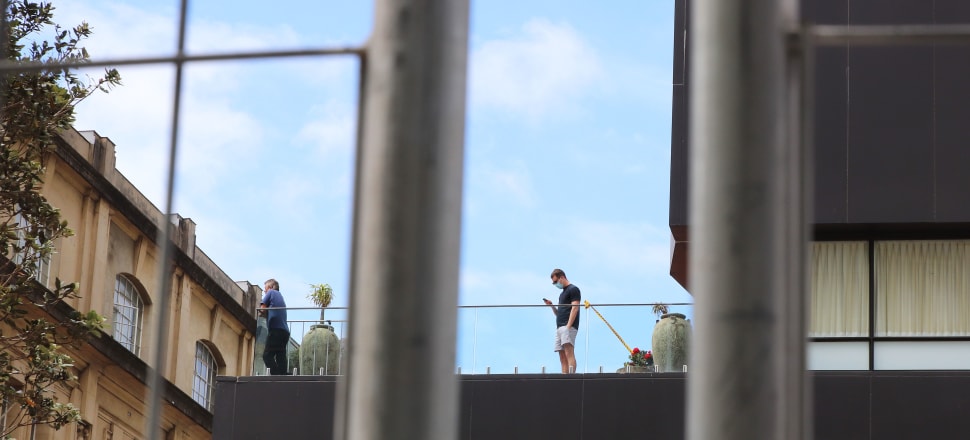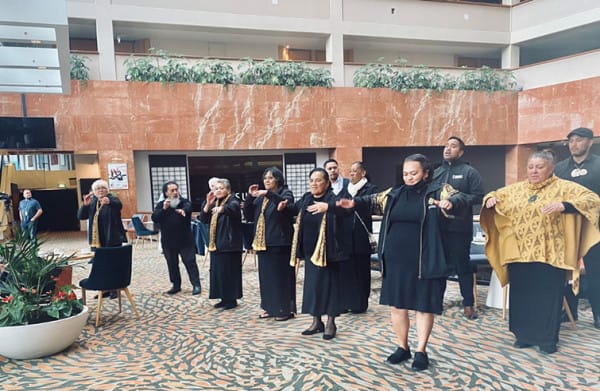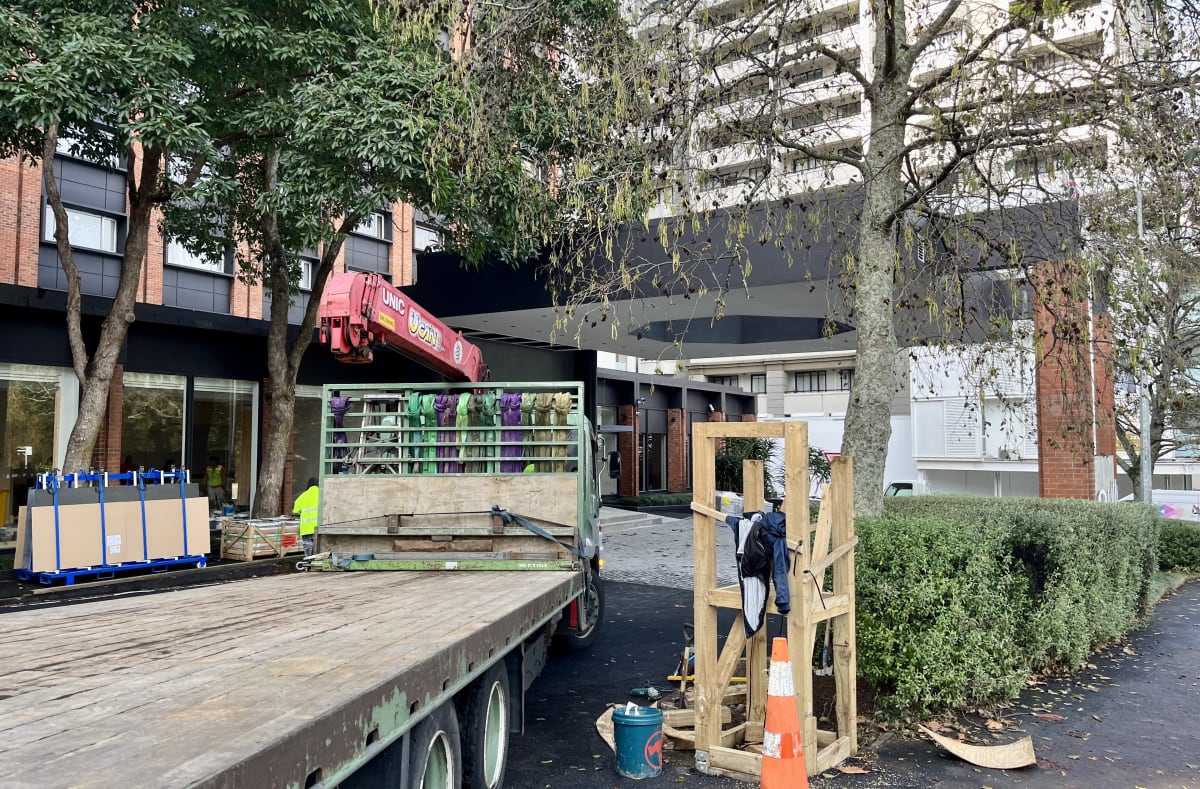
There’s just a fortnight left for the three remaining MIQ facilities - a prescient symbol that New Zealand’s Covid response has moved on from the protection and isolation of the last two years
The last guests to go through the MIQ system will do so in the next two weeks, as the three remaining facilities are set to close up operations and begin the transition back to life as hotels.
These are the final steps in the lengthy transition back to normalcy for the hotel sector. The MIQ system comprised 32 hotels at its height, offering 6475 rooms.
As of this week, only three facilities remain in operation, offering space for refugees, returnees from Afghanistan and a small number of community cases.
As of Monday of this week, there were 85 people in MIQ, 32 of whom were in quarantine rooms. All of these people are in Auckland, with 25 in the Holiday Inn, 10 in Jet Park and 50 in the Waipuna Hotel in Mt Wellington.
All three facilities are set to close up shop by June 30, while the Commodore Hotel facility in Christchurch closed earlier this month.
“From the end of June no new arrivals at the border are expected to enter MIQ,” said Head of MIQ Andrew Milne.

The remaining three had originally been announced to close by the end of August, with the date brought forward due to low demand. That’s a far cry from a year ago, when tens of thousands of people jammed into virtual lobbies to get hold of a room.
Closing the MIQ system means closing a sector that offered work for more than 4000 people at any given time. There’s a long list of different roles these unprecedented government-run facilities needed, including defence force personnel, doctors, nurses, hotel employees, aviation security, police, bus drivers, tradespeople, private security workers, and government workers across multiple ministries.
Milne said MIQ staff were “extraordinary people working at the front line to keep New Zealand safe. It was an operation unlike anything New Zealand had seen before”.
Shutting up shop hasn’t been as simple as just taking down the fences and letting the tourists run free - the Government has also engaged with iwi around the country to conduct whakanoa ceremonies.
Whakanoa is the process of removing tapu. In the case of the MIQ facilities, it’s a marked point of transition between being a site of the front lines of New Zealand’s public health battle and a places for travellers to gather freely.
An MIQ spokesperson said there had been a good relationship between MIQ and the iwi in the areas the facilities were located. These were Ngāti Whātua Ōrākei inn Auckland, Tainui in Hamilton, Te Arawa in Rotorua, Te Whanganui-a-Tara in Wellington and Ngāi Tahu in Christchurch.
“As the facilities have closed, MIQ have involved iwi who have approached either the hotels directly or MIQ, to offer a recognition which sometimes has been a whakanoa,” said the spokesperson.
Te Atiawa of Wellington first offered whakanoa at Bay Plaza Wellington on January 28, 2022. Since then, 14 ceremonies have taken place around the country.
“The ceremony lifts ‘tapu’ or restrictions to recognise the hotels as common spaces again,” said Milne. “All our commercial partners have embraced this traditional practice and we are privileged that iwi have shared this sacred knowledge and experience with us.”

The MIQ spokesperson said the Government would continue to engage with iwi to hear how they might see an appropriate closure for the three remaining facilities in Auckland.
All up, the MIQ system has seen almost 230,000 travellers pass through its doors - more than the population of Wellington.
It was MIQ that allowed the drastic border closures of the past two years. But now as this once-crucial tool in the arsenal against the virus is put out to pasture, does that leave New Zealand vulnerable should a new variant rear its head?
The current state of affairs at MIQ means 623 rooms across the three extant facilities could be put to use in a worst case scenario.
But according to Dr Rod Jackson, professor of epidemiology at the University of Auckland, if fresh need for the MIQ system arises, New Zealand will need more than just three facilities.
“I think that if we need MIQ again, it’s likely to be needed on a large scale again,” he said. “So I’m not sure keeping any facilities open is going to be very useful if they’re out of service with no one using them. What we do need is a well developed plan on how we can rapidly establish mass MIQ when needed.”
The New Zealand Government did show effective speed when first putting the system together. It was only a matter of weeks between the first appearance of a case of Covid on our shores on February 28, 2020 to the grand opening of the first 18 MIQ facilities on April 9, 2020.
But as once-MIQ facilities return to their previous lives as hotels and take the opportunity for a breather and some remodelling - the Pullman in downtown Auckland has a construction team repaving the road beneath their porte-cochère - it raises the question of where MIQ v2 would come from in the event of more serious variant.
Hotels may have been keen to trade in their tourist dollars for government contracts at the beginning of an undefined period of border closures, but in 2022, this appetite may have shrunk considerably.







